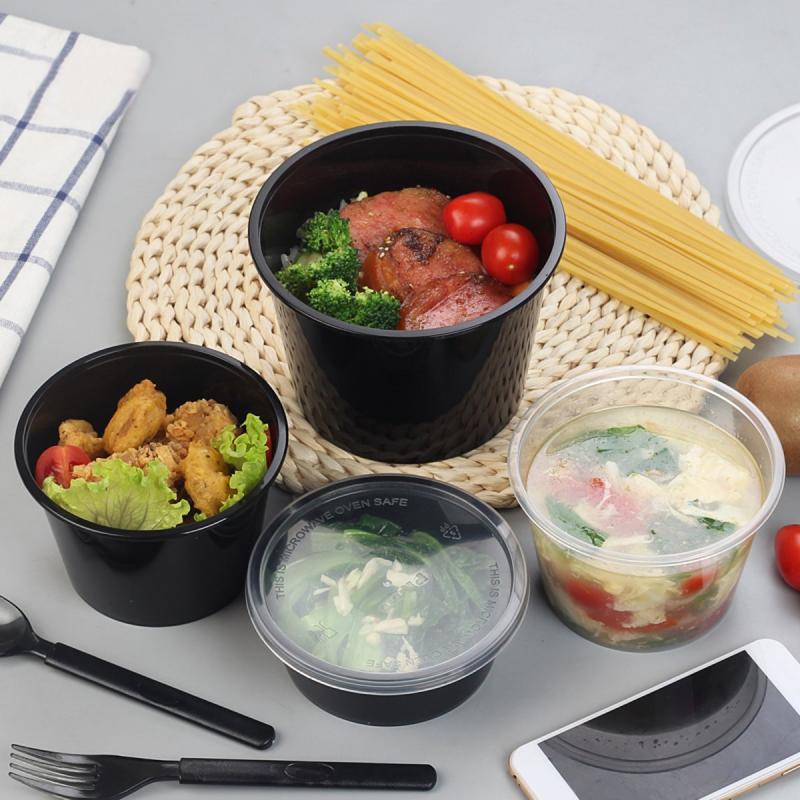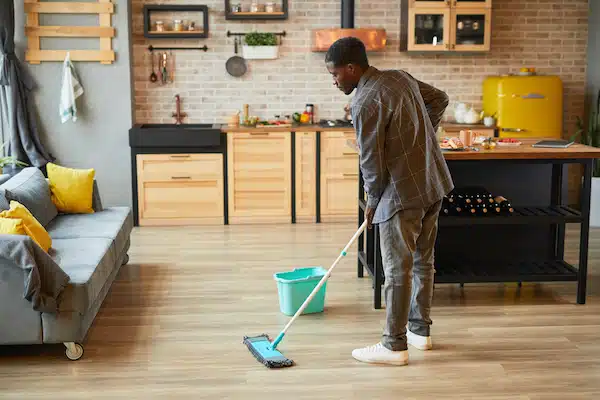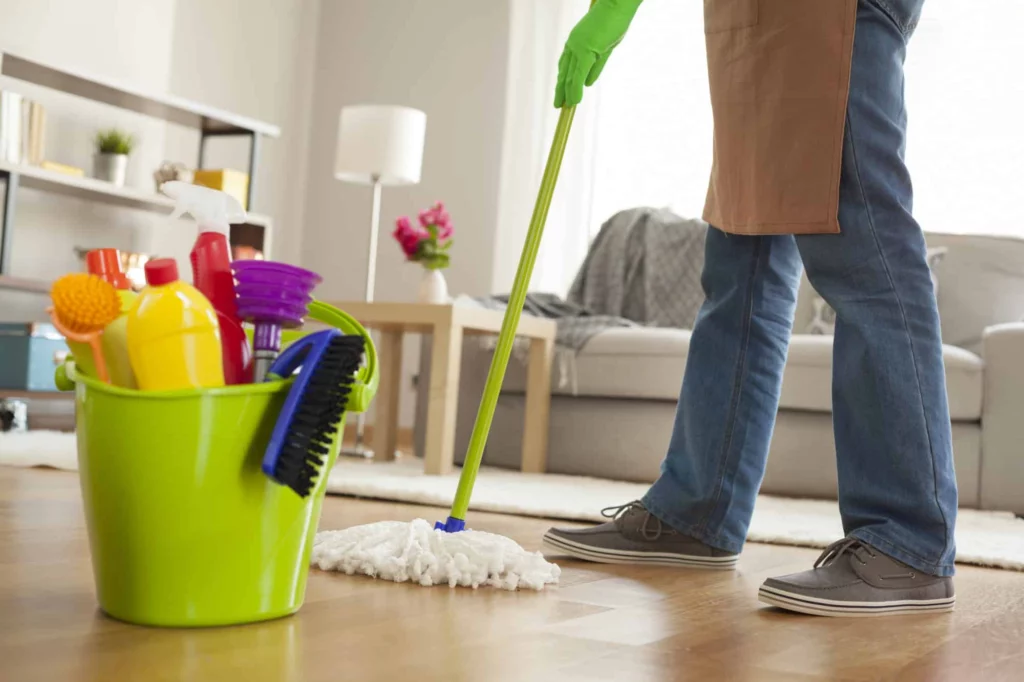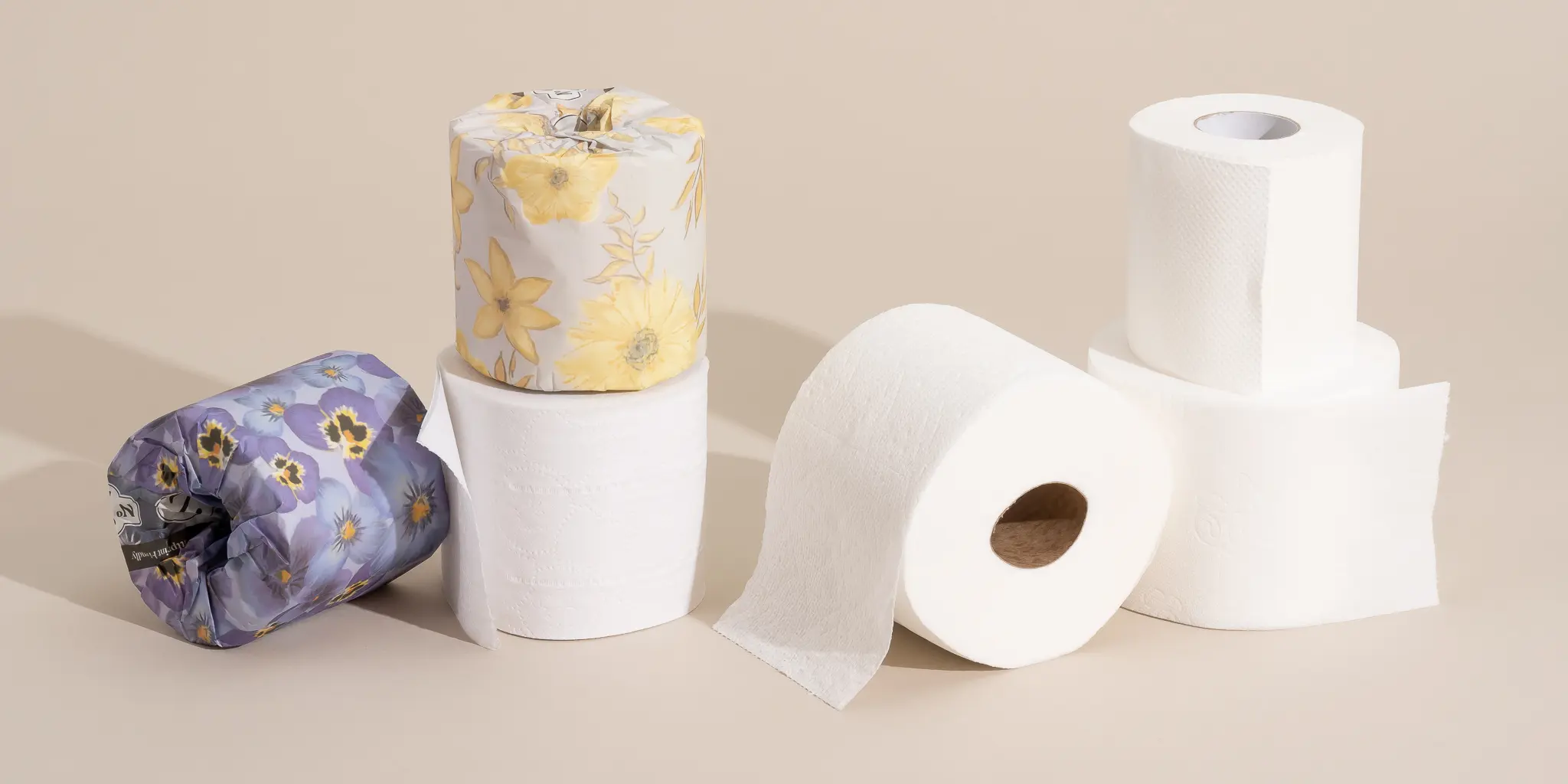
Takeaway Bowls 101: How To Select The Best Ones For Your Needs
Takeaway bowls, also called to-go bowls, carryout bowls, or takeaway containers, are essential in industries like food service, hospitality, and...

Get 20€ off on your first order!
Are you unsure which cleaner is best for your hard surface floors? In this article, we’ll help you choose the right cleaning solution for tile, hardwood, laminate, vinyl, or concrete floors, ensuring they stay clean and last longer.
We’ll guide you through the unique needs of each floor type and how to select the best products based on safety, compatibility, and environmental impact. By the end, you’ll have the knowledge to make informed decisions and keep your floors looking great. Plus, we’ve got you covered for your next cleaning challenge too!
For a broader understanding of surface cleaning, start with our main article on surface cleaners.

Each flooring type has unique characteristics, and understanding these is crucial for selecting the right cleaner to maintain durability and appearance. Here’s a breakdown:
Tile floors, including ceramic and porcelain, are highly durable but can lose their luster without proper care. Use pH-neutral cleaners to avoid damage to the grout and tile glaze.
Hardwood floors require gentle, non-abrasive cleaners. Using minimal moisture helps keep hardwood floors in excellent condition. Specialized wood floor cleaners ensure a streak-free and safe finish.
Laminate floors mimic wood and tile but need low-moisture solutions. Opt for cleaners labeled as suitable for laminate to avoid peeling or bubbling.
Vinyl floors are versatile and stain-resistant but need regular cleaning with non-abrasive solutions to maintain their sheen. Ensure the cleaning solution is safe for vinyl to avoid compromising its finish.
For concrete, especially polished or sealed types, use cleaners designed for heavy-duty applications. Learn more about cleaning equipment and solutions here.
Look for products that specify compatibility with your floor type. For example, labels often mention phrases like ‘safe for wood floors’ or ‘ideal for tile and grout.’ Many products, like those in our Surface Cleaners category, provide clear guidance.
Choose eco-friendly cleaners to reduce your environmental footprint. Products certified under European Union eco-label standards are ideal.
Opt for non-toxic, low-VOC cleaners to ensure indoor air quality and safety. For more details on low-VOC benefits, consult European eco-label standards or trusted environmental organizations.
Proper maintenance is essential for extending the life and appearance of your hard surface floors. Follow these simple and effective tips to keep your floors in top condition:
| Floor Type | Recommended Cleaner Type | Avoid |
| Tile | pH-neutral cleaner | Acidic or abrasive products (e.g., vinegar, bleach) |
| Hardwood | Specialized wood cleaners | Excess water, harsh chemicals (e.g., ammonia) |
| Laminate | Low-moisture laminate-safe cleaner | Wax-based cleaners, scouring pads |
| Vinyl | Non-abrasive vinyl cleaners | Ammonia-based products (might not be ideal for maintaining the sheen of vinyl floors) |
| Concrete | Heavy-duty, pH-neutral cleaners | Acidic cleaners (are better suited for unsealed surfaces) |
Browse our curated selection of surface floor cleaners to find the perfect match for your needs. Check the main product category for top-rated solutions.
For detailed buying guides, explore related articles:
Expand your cleaning toolkit with these related categories:
We hope this guide has been helpful in understanding how to choose the right cleaner for your hard surface floors, from evaluating floor types to selecting the most effective cleaning products. Whether you’re maintaining tile in your home or caring for concrete in an industrial space, we’re here to support your needs.
Explore our comprehensive Surface Cleaners collection to get started today.
Have any questions or need advice on finding the perfect cleaner? Don’t hesitate to reach out—we’re always here to help you maintain a clean, safe, and beautiful space.
– The Droppe Team
It’s best to use floor-specific cleaners to avoid damage, as different floors have unique needs.
Regular cleaning every 1-2 weeks is recommended, but high-traffic areas may need more frequent attention.
Some DIY cleaners can be too harsh. Stick to pH-neutral or manufacturer-recommended cleaners for safety.
Some cleaners are designed for indoor use only. Check the product label for outdoor compatibility.
Generally, no. However, always follow the instructions on the cleaner label to avoid residue buildup.
Thank you! You've signed up for our newsletter.



















Takeaway bowls, also called to-go bowls, carryout bowls, or takeaway containers, are essential in industries like food service, hospitality, and...

Choosing between solvent-based and water-based industrial cleansers can be tricky, but we’re here to make it easier. In this article,...

When choosing toilet paper (also called bathroom tissue or toilet tissue), the type you select can significantly influence the environmental...

Takeaway bowls, also called to-go bowls, carryout bowls, or takeaway containers, are essential in industries like food service, hospitality, and...

Choosing between solvent-based and water-based industrial cleansers can be tricky, but we’re here to make it easier. In this article,...

When choosing toilet paper (also called bathroom tissue or toilet tissue), the type you select can significantly influence the environmental...
Get 10€ off on your first order!
Save 30% by buying directly from brands, and get an extra 10€ off orders over €100
Save 30% by buying directly form brands, and get an extra 10€ off orders over €100